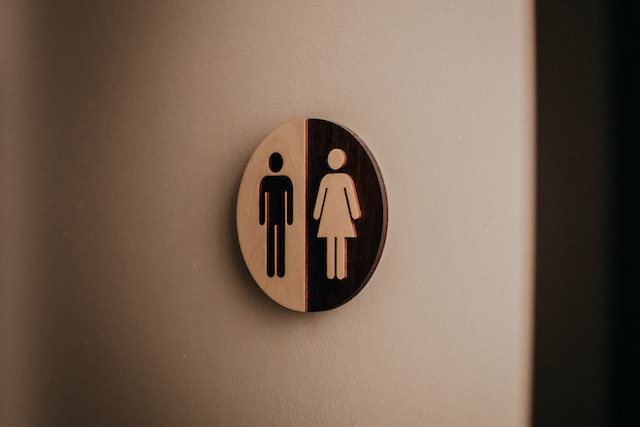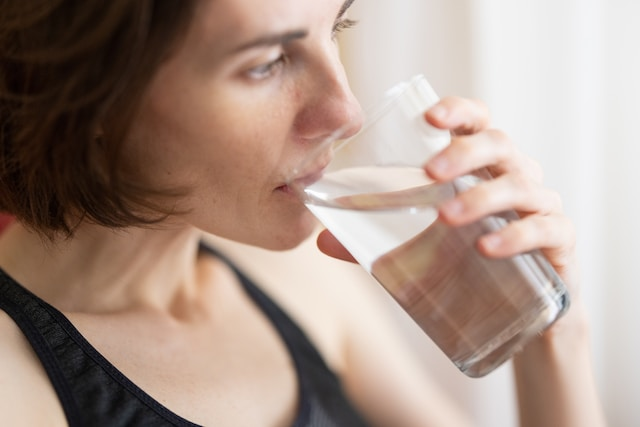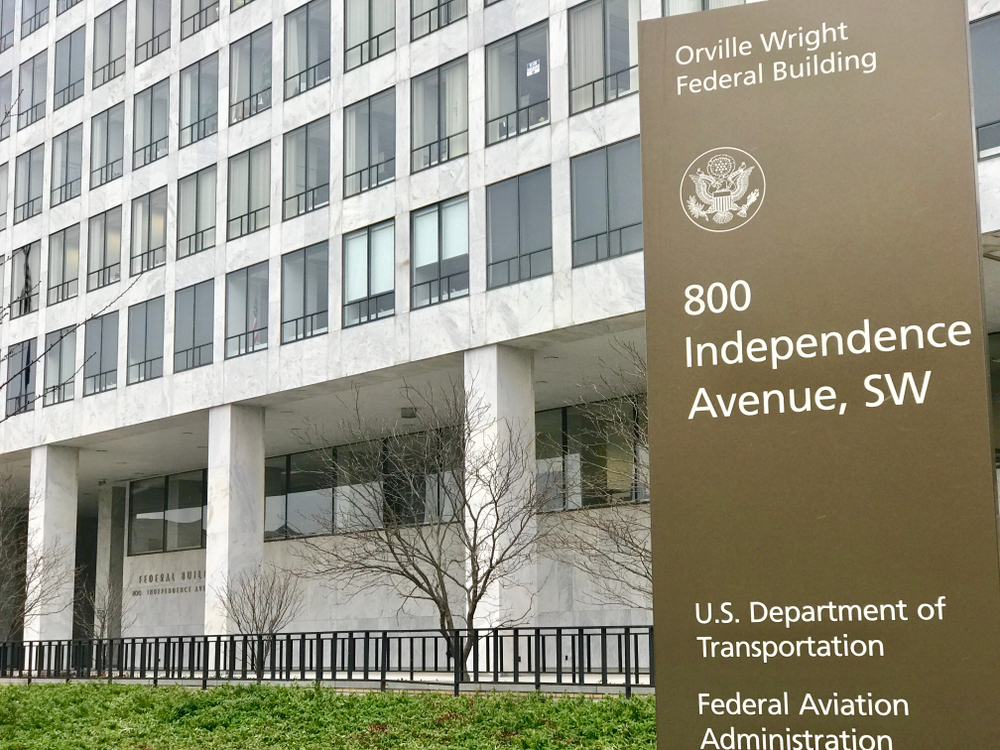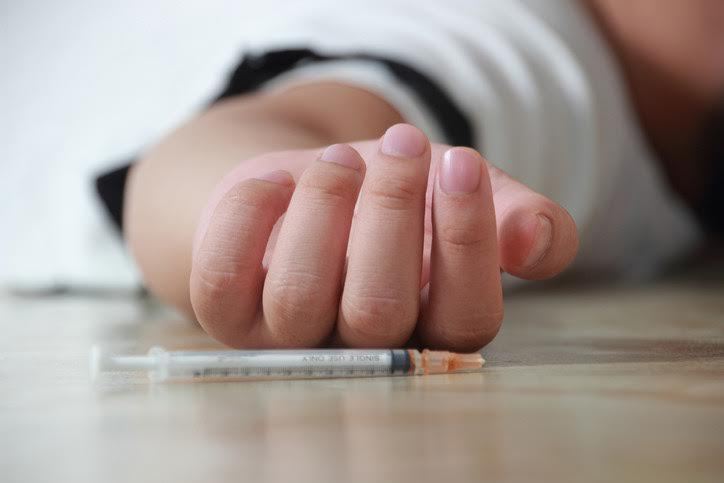US Drug Test Centers Blog
What is a Shy Bladder Drug Test? | US Drug Test Centers
Providing a urine sample is a common way to test for drugs for both non-DOT and DOT companies. However, what if an employee is unable to provide a specimen during their drug screening? If producing a sufficient specimen isn't possible, then the collector might resort to shy bladder procedures.
In this blog, learn what happens if an individual can't provide a urine sample for a drug test.
What is Shy Bladder Syndrome?
Paruresis, more commonly referred to as shy bladder syndrome, is when an individual finds urinating challenging or even impossible when someone else is nearby.
They might feel a need for total privacy when they visit the bathroom, and they could even be fearful that someone might hear them going. Even the thought of needing to go to the bathroom can induce anxiety. To counter this, some individuals will cut back on liquids and avoid going anywhere that doesn't offer complete bathroom privacy.
Interestingly, shy bladder syndrome is a type of social anxiety disorder/social phobia, which means that it isn't always due to a medical condition. In other words, the individual is physically capable of going but mentally fearful.

How to Overcome Shy Bladder for a Drug Test
The inability to provide a urine sample can be a hurdle if it's necessary for drug testing. So, what can be done about it? At this point, the collector must follow shy bladder procedures.
What does this mean? As the Department of Transportation explains, the employee must stay at the collection site, and the collector has to give the individual another opportunity to provide a sufficient amount of the specimen. This can still mean administering a urine collection or the collector can switch to a different type of specimen collection, such as oral fluid.
Note that if you opt for collecting another specimen aside from urine, the procedures change!
If the drug testing collector sticks with urine collection, they must discard the insufficient volume previously provided, if there is any.
They must also urge the employee to drink up to 40 ounces of fluid within a three-hour period of time, or until the individual is able to provide a sufficient amount of urine.
If, after this, the employee is still unable to provide a urine specimen for collection, the collector must notify the company's designated employer representative (DER) and medical review officer (MRO).

What if There is a Refusal to Test?
If the individual chooses not to attempt to provide a sufficient specimen or leaves the collection site before providing a sufficient sample , the collector reports this to the company's DER.
At this point, the employer decides if this drug test is deemed a "refusal" or not.
Is a Refusal to Test or an Unsuccessful Attempt the End of Drug Testing?
No!
If the employee is unable to provide a specimen, they must receive a medical evaluation from a licensed physician who can determine if a medical condition is responsible.
Ultimately, the MRO determines if the circumstances around the medical issues raised warrant the test to be canceled. If so, they will note this on the chain-of-custody and control form (CCF) and result report.
If not, then the MRO will note that the donor refuses to provide a specimen.
Managing Your DOT Testing
How can we sum it all up?
Testing for drugs and alcohol is a regulatory requirement from the Department of Transportation. This means that yes, employees are required to drug test even with a shy bladder.
If the employee cannot provide a sufficient amount of urine for the collection sample, and after the collector reports this to the DER and medical review officer, the decision ultimately lies with the DER.
If managing your DOT testing program feels overwhelming, that's because it's a lot of work! US Drug Test Centers is here to help ease the process.
We will guide you through:
Creating a drug-free workplace policy manual.
Conducting five-panel urine testing that meets the DOT's requirements.
Training your staff (including your DER) on how to manage your drug-free workplace program.
All test results are verified by an MRO, and we only work with SAMHSA-certified labs, including Quest Diagnostics, Labcorp, and Clinical Reference Labs (CRL). We'll help you stay compliant with local and federal regulations so that you can pass a DOT audit at any time!
Ready to take the next step? Order your test today or contact us with any questions about your DOT drug and alcohol testing program.
























